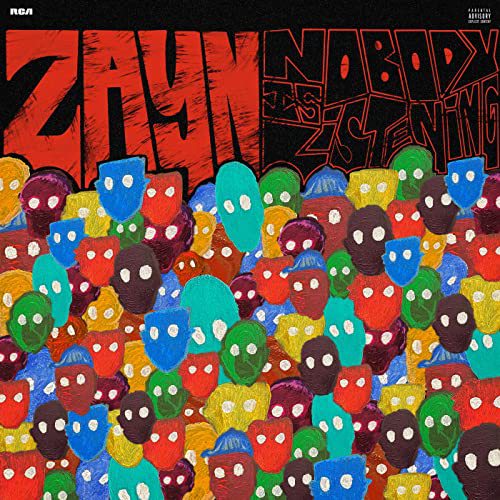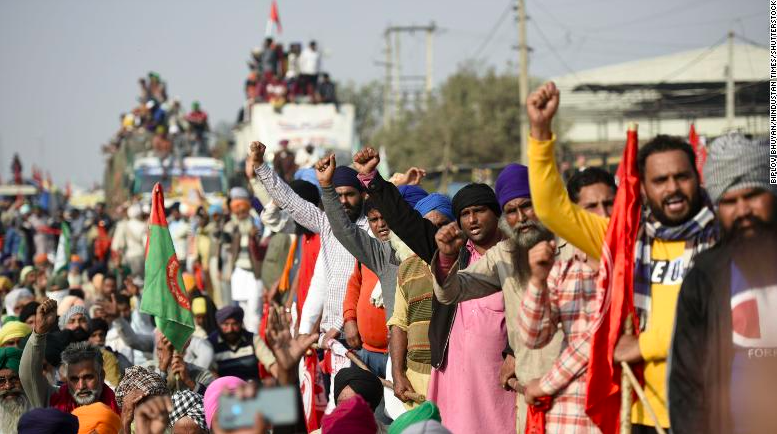“I Am Malala”
By: Malala Yousafzai with Christina Lamb
327 pp. Little Brown.
$26.00
Malala Yousafzai, one of the youngest recipients of the Nobel Peace Prize, wrote an engrossing memoir about her unpredictable life in Pakistan. Yousafzai co-wrote it with Christian Lamb, a British journalist. Her memoir has been translated into 40 different language and has sold more than a million copies thus far.
The autobiography begins with Yousafzai describing how her life had changed since the Taliban, an extremist Islamist terrorist organization, had her shot for speaking out against them. Yousafzai only gave a sneak peek of this shocking narrative before discussing the day she was born. Her memoir continues by discussing her past, and Yousafzai informs readers about how her father owned a school. She admits that this is the reason she values women’s education as highly as she does. Readers will see that Yousafzai refers to her father’s school, the Khushal School, numerous times in her memoir as it’s where she spent most of her life.
As Yousafzai grew up, her life began to change, especially as the Taliban began to grow in influence. Yousafzai was older when the Taliban invaded Pakistan, and readers will get her informative perspective on the situation. Before switching gears to this older perspective in her memoir, where she describes how drastically her life has changed since the Taliban invaded her home in the Swat Valley, Yousafzai surprises the reader. She provided readers with a plethora of pictures of her life, from when she was a baby all the way to her adult years in Pakistan.
Yousafzai provided readers with powerful quotes in Arabic, translated into English of course, for each part of her memoir. “I am a patriot and I love my country and for that I would gladly sacrifice all,” said Yousafzai. This is one of Yousafzai’s more forceful quotes, which readers can find in the last section of her book.
Yousafzai’s memoir shows readers that she is a resilient young woman who had to overcome numerous obstacles before writing this narrative. She wrote it to provide a voice for those girls who have been silenced by hatred and evil. She shows readers how she was one of the all-too-few who was given a chance to speak out about the injustices of the Taliban. This memoir is a text that paves the way for girls to get an education and to be inspired to achieve great things.
Yousafzai manages to give readers a glimpse of how people in Pakistan lived under the control of the Taliban. She forces readers to open their eyes to how weak and non-existent the government in Pakistan was and continues to be; it turned a blind eye to the Taliban as they commited unjust crimes against their own people. Yousafzai was very blunt at times about how she felt about the Taliban occupying the Swat Valley and forcing her to follow unjustified rules. Even though Yousafzai was a child when this memoir was written, she touches on topics that will be relevant for years to come.
For readers who want to know more about Malala Yousafzai, they can look at the interview between her and her editor Judy Clain that’s provided in the book. Yousafzai also provides readers with a glossary of words in Arabic, that are likely unfamiliar to many, and information on the Malala Fund, a fund Yousafzai created so that both boys and girls can be given the opportunity to go to school. Yousafzai is a true inspiration and is always open to accept donations to further her noble causes.













